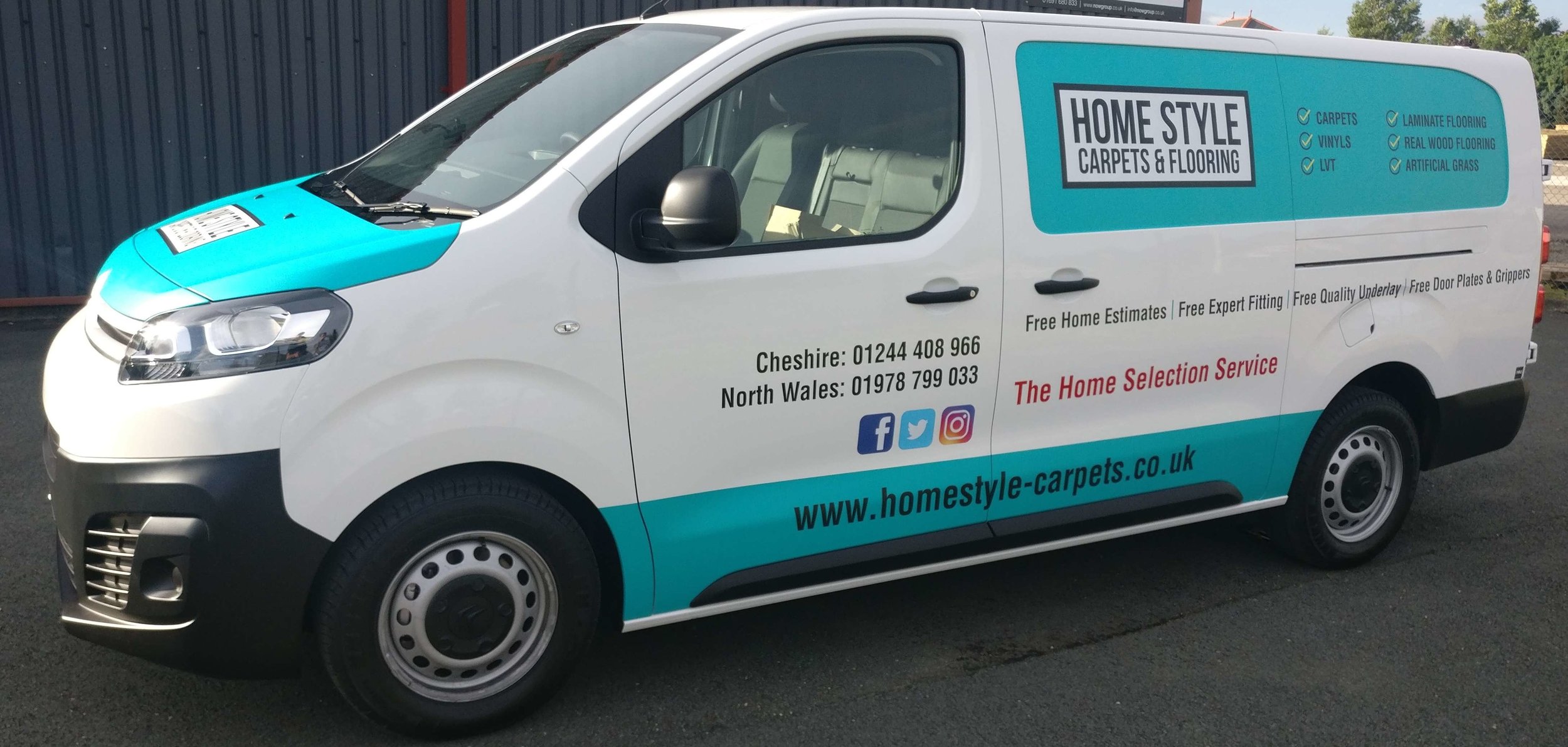Which wood floor is right for you?
/Wood has enjoyed the status of being a favoured floor choice for hundreds of years. While the hardwood flooring industry dates back to the 1600s, engineered wood floors came much later, during the 1960s. Neither option is superior to the other, but both possess their own unique advantages. Read on as we explore the lasting charm of wooden floors and some of the reasons why people seek to install these different products in their homes and premises.
What is the difference?
Hardwood, often referred to as solid wood flooring, consists of planks of timber that are nailed into place to create a room surface. Unlike solid wood, engineered boards are manufactured quite differently. Instead of simply sawing of a slice of wood and cutting it to the desired shape to make a plank, more work goes into creating an engineered board.
Rather than a single piece of timber, engineered boards are made of many layers of wood. Cheaper wood is used to create the lower layers, while a piece of real hardwood is glued on top. Once installed, only the real wood is visible, creating a flooring that looks similar to hardwood in appearance.
A tell-tale way to spot which floor is which when installed is by the width of its boards. A real wood floor will usually have much narrower floorboards than engineered wood.
Longevity
Hardwood flooring will beat an engineered floor in terms of how long it will last. Those extoling the virtues of a real wood floor will often remind buyers that a solid wood floor has been known to last longer than the walls of the buildings they’re fitted in.
Crafted from a solid piece of wood, hardwood floors can be sanded down and refinished multiple times during service. This process can rejuvenate their appearance, restoring their original look and feel. Engineered wood cannot complete this trick as many times during its lifespan, but it can still be refinished using this method at least once or twice before replacing it is required.
Price
Engineered flooring provides homeowners seeking a real wood experience at a lower cost with an excellent alternative to timber-boarded floors. While presenting the natural warmth and regal appearance of a hardwood floor, engineered boards are available at considerably lower costs.
Conditions
Engineered and hardwood floors can cope reasonably well with heat, but too much moisture can be an issue for both. The layers of engineered wood allow it to cope better with fluctuations in temperature, while a rigid wood floor can sometimes experience difficulty under extreme heat. Water spilled on wood flooring of any kind must be absorbed quickly and dried out thoroughly. Prolonged exposure to moisture can warp wood, lessening its appearance and causing long-lasting damage.
To sum up, both hardwood and engineered board flooring have their own benefits and share some of the same weaknesses. Before buying a wood floor of any kind, always consult and expert on what type is best for your home or business.

